Backstage & Influences
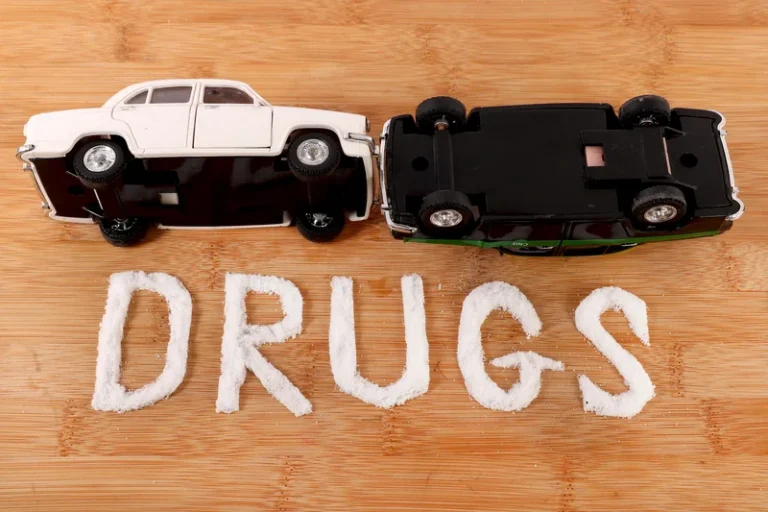
Cognitive functions—including problem solving, decision making and self-regulation skills—can also improve with continued sobriety, adds Dr. Kellogg. Below are a few physical benefits you may notice after ditching alcohol. You might run into obstacles along the way that tempt you to drink. Maybe you don’t think you depend on alcohol exactly, but you still wonder whether you might be drinking too much. From month-long sobriety challenges to the Sober Curious movement, more and more people are taking a closer look at the role alcohol plays in their lives.
After One Week
These emotions can include fears of being judged, feelings of inadequacy, and doubts about living without substances. It is important to understand that occasional cravings are normal and do not indicate failure. Developing healthy life skills is essential to managing these challenges and avoiding a return to alcohol use. Studies have shown that it is important to continue to improve oneself to mitigate the risk of relapse. Recovering from heavy alcohol use can be tough, especially in the first few days.
Alcohol Withdrawal
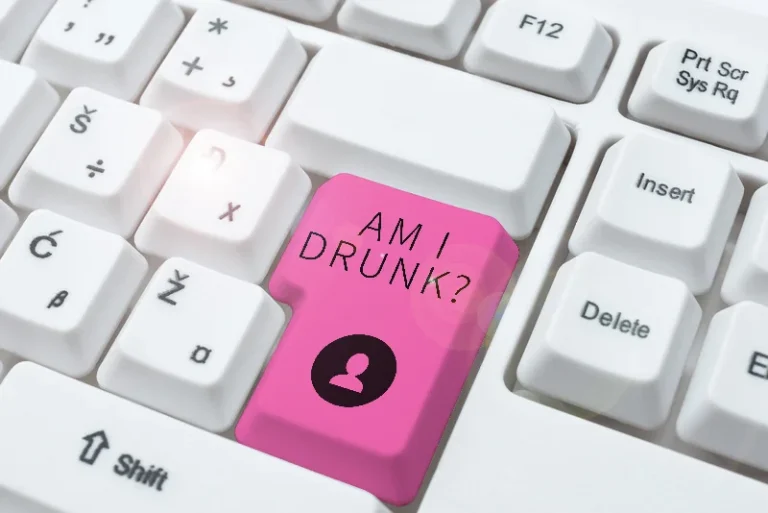
I’ve chatted casually with friends about the reason behind my decision, and they’ve been nothing but lovely and supportive. But in new environments where drinking is the norm, I try to keep the fact I’m not drinking under wraps by ordering a diet coke or alcohol-free beer on the sly. From my experience, people don’t ask questions when you’re holding a drink, and I don’t want swerving alcohol to be my defining character trait when meeting new people.
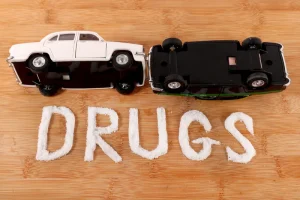
24 After Quitting
By cutting down on drink I’ve grown more confident and comfortable in who I am, and I now prefer the sober version of myself – a state of affairs 16-year-old me would scarcely believe. While I didn’t miss drinking, I did miss pubs, music and having a bit of a dance, so I tried these activities sans-alcohol. At first I felt a little out of place, and my moves were far less flamboyant than before, but after a while I settled into things and enjoyed myself. “By lunchtime you were beginning to taste what you were going to drink.
- Finding fun alcohol-free activities can help you distract yourself from alcohol cravings and build new routines.
- Completing 30 days without alcohol is a huge accomplishment and it’s within your reach.
- Cognitive functions—including problem solving, decision making and self-regulation skills—can also improve with continued sobriety, adds Dr. Kellogg.
- Your mood and concentration should improve, because when your brain is well hydrated, it functions better.
- Whether you’re looking to improve your physical health, mental well-being, or overall quality of life, quitting alcohol can positively impact your life in the long term.
- For those with alcohol misuse and dependence, the conditions are connected to chronic sleep disturbance, lower slow-wave sleep, and more rapid eye movement.
- By prioritizing your well-being, you’re also strengthening your relationships with loved ones.
When that person cuts out alcohol, there is a period when their brain hasn’t yet received the message and still overproduces the stimulating chemicals. With alcohol out of the equation, though, these chemicals cause withdrawal symptoms. Over time, however, the body builds a tolerance to alcohol, and a person may have to drink more and more to get the same feeling. Meanwhile, the brain is producing more and more neurotransmitters, making a person further imbalanced. Whether you are stopping for good, or just having some time off, it’s a good idea to be prepared for the changes you could see.
Physical symptoms will be much better by a week after stopping for most people. When you stop drinking alcohol, you can have a much sharper mind and renewed focus. To make the most of this, we recommend setting meaningful goals and practical sobriety strategies to help you pursue what happens when you stop drinking alcohol them consistently. Surrounding yourself with people who understand and support your journey is invaluable. Consider joining a sobriety support group or connecting with other people who are also navigating a sober lifestyle.
- It all began in 2013 with a challenge called “Dry January,” during which participants took a month-long break from drinking following boozy holiday gatherings and rowdy New Year’s Eve parties.
- But treatment varies based on the severity of alcohol withdrawal and the likelihood that it could progress to severe or complicated withdrawal.
- By the end of this first month, your recovery will be well underway, and your struggle with alcohol will begin to become more of a distant memory than a recent struggle.
- Developing healthy life skills is essential to managing these challenges and avoiding a return to alcohol use.
- For the wider population, he emphasized that when you stop drinking, you not only feel better but you also sleep better and your physical health improves.
If eligible, we will create a treatment plan tailored to your specific needs. If The Recovery Village is not the right fit for you or your loved one, we will help refer you to a facility that is. These symptoms can be both physically and psychologically challenging and may vary depending on the substance from which the individual is withdrawing. Here are eight things that happen to your body when you teetotal for a month. Alcohol use can alter your gut microbiome, which is responsible for key bodily functions like digestion.
The Third Week Without Alcohol
However, when you drink in excess, the enzyme gets saturated and is metabolized by a different enzyme. Amitava Dasgupta, PhD, medical director of clinical laboratory at the University of Kansas Medical Center and author of the book, “The Science of Drinking,” agreed. Alcohol consumption has been also linked to head, neck, esophagus, liver, breast, colon, and rectum cancers. Alcohol’s two main breakdown products are acetaldehyde and ethanoic acid. Those byproducts are toxic to all tissues of the human body; however, we are able to metabolize a small amount of them. Alcohol will generally leave your system in 6-72 hours, depending on the amount consumed and the type of test you take.
Health risks that improve after one year of not drinking alcohol include:
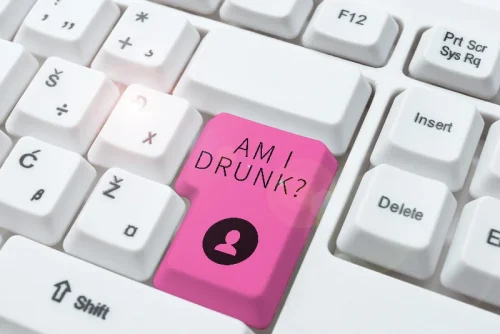
After 30 days without alcohol, your brain and thought processes might become clearer, according to Larson. The prognosis (outlook) for someone with alcohol withdrawal depends greatly on its severity. These withdrawal symptoms occur because of overactivity of the central and autonomic nervous https://ecosoberhouse.com/ systems.
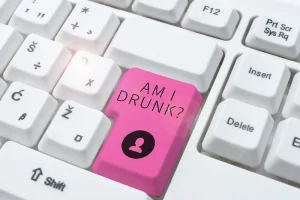
Saving the money you would have spent on alcohol will provide you $300–$400 or more by this second week. New benefits will also become noticeable as you put withdrawal behind you. If you’re a heavy drinker, your body may rebel at first if you cut off all alcohol. You could break out in cold sweats or have a racing pulse, nausea, vomiting, shaky hands, and intense anxiety.
-
Search